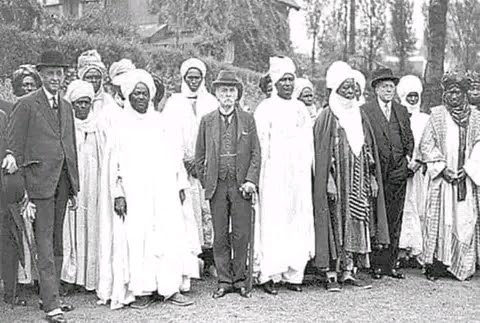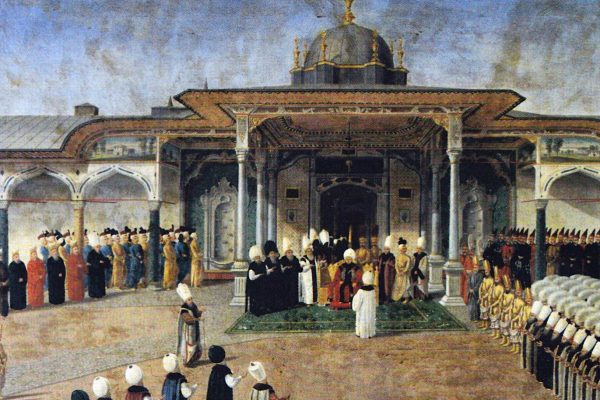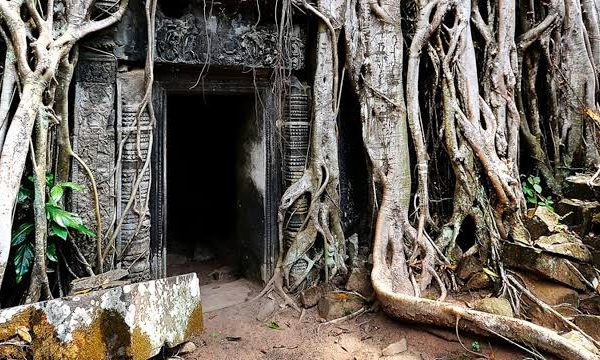
The Mughal Era: A Golden Age of Art and Architecture in India
“The Mughal era was a golden age of art and architecture in India, marked by significant cultural, artistic, and architectural achievement. The Taj Mahal, Lahore Fort, and Shalimar Gardens are testaments to the Mughal era’s architectural innovations and beauty, showcasing a perfect blend of Indian, Persian, and Islamic styles. These iconic buildings have had a profound impact on world architecture and culture, challenging traditional Western views and inspiring a new appreciation for non-Western cultures and their contributions to world heritage.”
















